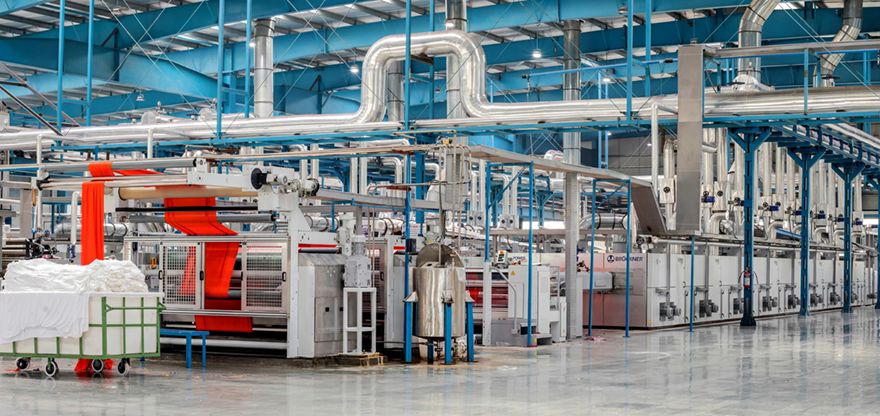
New research conducted among more than 1,000 manufacturing companies worldwide, has highlighted four key factors holding back the pace of digital transformation in industry. These are management understanding to assess the benefits, risks, return-on-investment and best-practice journeys for digital transformation; the data challenge to capture, manage and leverage digital data for business advantage; the shopfloor — engaging employees to implement and manage new systems and processes; and guidance and collaboration by the buy side and the supply side to share basic knowledge, practice and examples of successful digital transformation.
The report
Driving Digital Dynamics carried out by
MindMetre follows on from its previous study which found the adoption of ‘significant’ digital transformation among all sizes of manufacturer was around 25-30% in 2023-24. This demonstrated the huge remaining potential for positive change in manufacturing around the world.
However, the report says that greater connectivity, collaboration and sharing of detailed success examples internationally is needed, and points to a change of mindset among manufacturing companies and their technology suppliers as the most important lever to make this happen. The research study emphasises the good progress made by many national manufacturing trade associations around the world in this respect. Nevertheless, the Mindmetre research also points out that such efforts to date are not nearly enough to maintain and accelerate the pace of change.
Accelerating the pace of changePaul Lindsell, managing director of MindMetre, said: “Much great work is being done by industry bodies. Equally, there are some stand-out technology providers who are creating experience-sharing workshops and forums for their customer base; and all of this excellent work is to be encouraged. Yet it would appear it is not yet at a scale which is sufficient to overcome abiding obstacles to transformation identified by our research respondents — management skills; data capabilities; and employee engagement.
“The advent of the Industry 5.0 concept is evidence of progress too — where the criticality of the human-machine interface is considered right from the start of transformation planning. Yet more is needed to increase the momentum of change. It is a tough challenge for the industrial technology industry, who want to accelerate change yet preserve their competitive advantage.
“In a sense, a leap of faith from suppliers and buyers is needed to create a truly open, collaborative ecosystem which is in everyone’s interests to encourage effective investment in new technology, leading to major improvements in manufacturing efficiency, agility and capacity. Confident suppliers are already making these moves. But the majority needs to get on board.”
The full report is available
here.